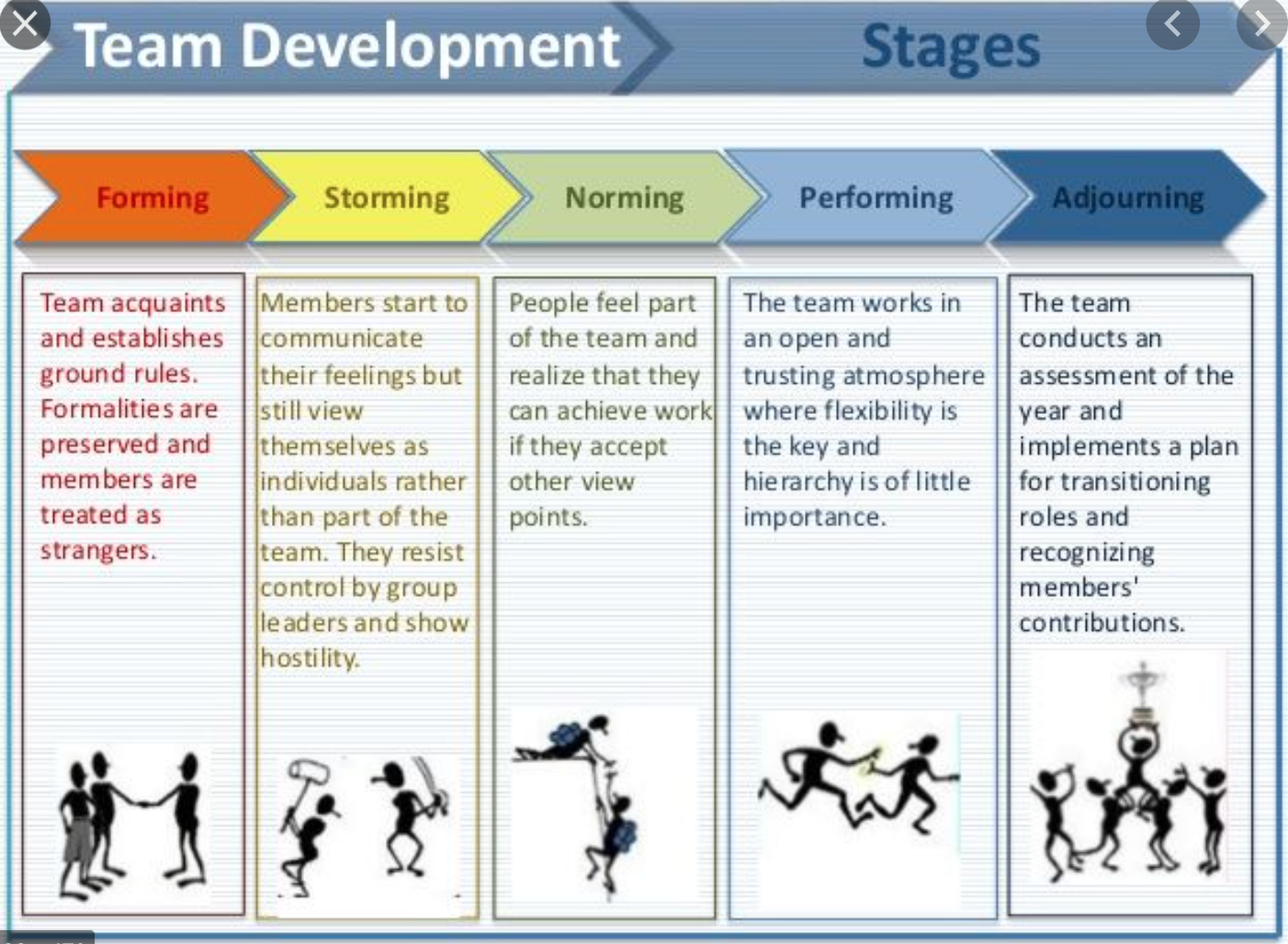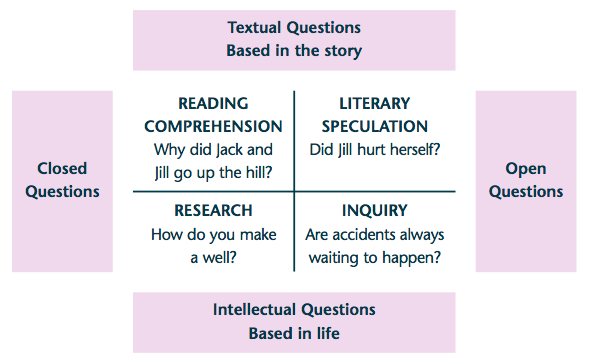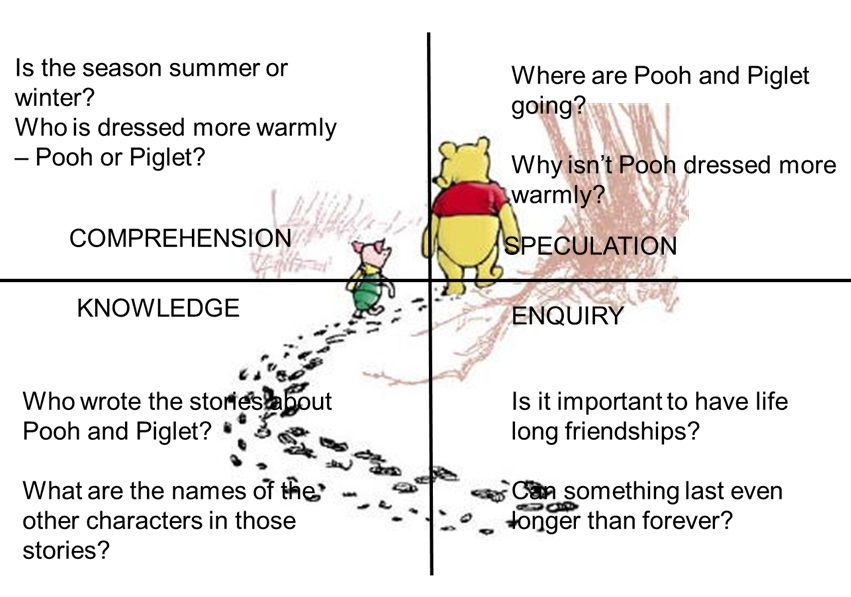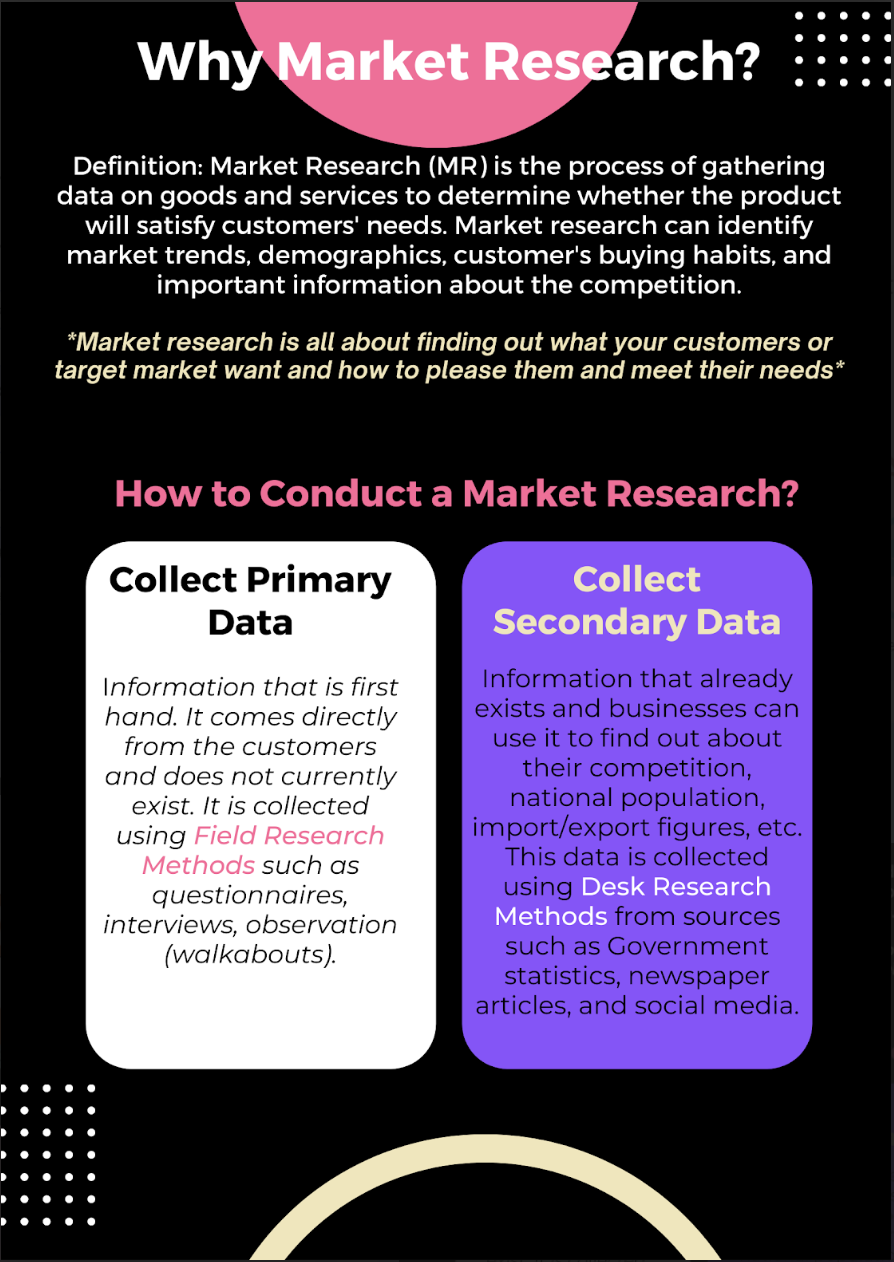10 Business Studies 1
Section outline
-
- Team building

- Entrepreneurs
- Types of Business
- Markets & segmentation
- Market Research
- Marketing Mix - Product, Price, Place, Promotion
- The role of markets - houses, shares, commodities
- Economics
- Business Issues, goals and stakeholders
- Finance & Accounting
- Market Day - putting it all together
- Web text - Wikibooks GCSE Business Studies
- Team building
-
Kia ora koutou; Hi everyone,

Any questions? ask in class, email or find me in Mountains.Mr Suckling :)
NZ Curriculum Levels 5 & 6 include:
Themes for Business NCEA Level 1 include:
- Economic decisions affect people, communities, nations.
- People’s use of resources affects sustainability.
- Economic growth via business, enterprise, innovation.
- Scarcity and consumer, producer, & government choices.
- Role & skills of entrepreneurs.
- Types of business & their pros & cons.
- Market research, marketing mix, target markets.
- Business aims, financial records, cash budgets.
- Effects on society, stakeholders, sustainability, competition.
-
Team Building

Learning Intentions
- Start to 'Form' our class as a team
- Build relationships (learn names, backgrounds, etc)
- Discover our business 'prior knowledge'
Success Criteria
- We've learned names of all students in class
- We've worked together to complete a task
- We found things that we have in common
- We know the meaning of common business terms
Lesson 1: Activity:
In small groups, choose a 'name game' (idea links below).
Lead the class in the game to help us learn names.
One idea is the 'Time bomb' game:All form a circle and each say their name.
Links to other game ideas:
One says another’s name then throws ball to them.
They have 2 seconds to say another's name & throw to them.
Continue until all names are named.- 5 Name games: https://christiancamppro.com/whats-in-a-name-5-name-games-to-introduce-yourself/
- Things in common chain: https://www.playmeo.com/outcome/learn-names/
Lesson 2: Activity

In small groups incl. 3 Whanaus:
- do this crossword (16A: 2017-23)
- decide our team stage (video link)
- add to the 'Building a Team' GDocLesson 3: Creating Questions
MHJC leavers say "we need to know how to ask questions in order to get the right help and to guide research".
The 'Question Quadrant' helps to create different types of question.
Look at the picture of Pooh & Piglet. Generate questions and write them on post-it notes.
Here's an example of the Question Quadrant:

And an example using a picture of Winnie the Pooh and Piglet!

Comprehension questions have their answer in the story, photo, video
Research questions have their answer in wider research eg on the internet
Speculation questions can be answered by using our imagination about what might be (related to the text, photo, video).
Inquiry (philosophical) questions can be answered through ethics, logic, metaphysics, epistemology, aesthetics.
Ethics - should people be allowed to buy and sell anything?
Logic - If people act in their own interest, will they ever donate to charity?
Metaphysics - how do people know what something is worth?
Epistomology - how do you know something?What do you want to learn on this 10BUS course?
Generate questions about business and social enterprise to identify what you would like to learn in this 10BUS3 course.
Here's a link to some news items, which we'll use to generate questions based on the Question Quadrant
How Apple & Nike have branded your brain
Fast response to a market opportunity - anti-fog nose strip!
TradeMe - weird money making items!
Young NZ entrepreneurs - could it be you?
Questions to answer this year in 10BUS: - Start to 'Form' our class as a team
-
This week we will continue focusing on Entrepreneurs by looking at their skills set and how you can apply these skills in a Business Studies setting.
Learning Intentions- Understanding the definition of an Entrepreneur and Introduction to Entrepreneurship
- Study case studies of entrepreneurial people
- Investigate characteristics of entrepreneurs.
- We can define an entrepreneur and describe the attributes of an entrepreneur
- We can identify people with entrepreneurial attributes and name examples of entrepreneurial people
- We have identified our own entrepreneurial strengths and areas to develop
Do Now - Entrepreneurship- DO NOW - Business Quiz (CETA)
Notes- https://www.businessnewsdaily.com/2642-entrepreneurship.html (Please read this article for homework if you have not finished this in class)
Entrepreneurs are innovative. They:
- Have ideas AND can put them into action
- Are creative problem solvers (think outside the box)
- Work long hours
- Can sell and / or build
- Can simplify processes and data - identify what's important
- Are effective with people
Learning Intentions- Principles for managing money
- Can differentiate between positive and negative habits of managing money
- I understand the consequences of mismanaging money.
Activities:
- Good and bad habits of managing money (Scenario)
-
Market Research
Learning Intentions
- Investigate the meaning and examples of research-related terms
- Explore how and why companies gather information on us as consumers
- Can define and explain, with examples, market research-related terms
- Am aware of how companies gather information about my buying habits.
Market research is defined as the process of gathering data on goods and services to determine whether the product or service will satisfy customers' needs.
To find out the needs and wants of their customers or consumers, businesses invest in market research to collect this information.
Types of information
Market research seeks to collect two basic types of data:
Quantitative: tells us “how many.” This data can be measured. It can measure how customers think, feel or act in regards to a particular product or service. For example how many people prefer coke to coke no sugar; How many people would be willing to pay a certain price for a product or service etc.
Qualitative: answers questions where an opinion or judgment is necessary. It helps businesses to know the 'why' or 'why not' in regards to their products and services. Qualitative research is important for gaining a broad understanding of the reasons and motivations behind consumer decisions. For example, asking consumers:
- What do you like about our product?
- What could we do to improve this product?
- Why wouldn't you buy this product?
Businesses use two types of data collection to gather this information
Primary Market ResearchThis is sometimes referred to as "field research." It involves the collection and collation of original data from potential or existing customers. Field research includes conducting;
- Questionnaires
- Interviews
- Consumer panels
- Focus Groups
- Observations
There are business that specialise directly in collecting primary market research for other businesses. Whether businesses conduct this research themselves or pay someone else to do this, it can be a costly and lengthy process. However, market research can identify market trends, demographics, psychographics, behavioural segments, economic shifts, customer's buying habits, and important information that may give it a competitive advantage. It can also help a business to know what type of products or services would be profitable to introduce in the market.
For existing products, it can help the business to know where to allocate its funds and resources efficiently. It enables a company to know if it has been able to satisfy customer needs and whether any changes need to be made in the development, packaging, advertising, delivery or the product itself.
Secondary Market ResearchThis is sometimes referred to as "desk research." It involves using information that has already been collected by other agencies or sources.
Can be from both internal (within the business itself) or external sources.

GROUP TASK:
In your groups, conduct some primary market research in our class to determine the possible success of a proposed new product for McDonalds. For example, a new burger, combo, sundae, drink OR any idea your group may have.
- Describe (in detail) your proposed target market for the new product
- Describe the actual product (ingredients etc.)
- Be sure to collect both quantitative and qualitative data.
- Summarise your results on a doc or slideshow to share your findings. According to your research, will this idea be successful?
- Facebook have just been threatened with a fine in Belgium for doing something to do with gathering data on people - describe what.
- Supermarkets and other shops have loyalty cards - explain why this is relevant to market research?
- Describe other ways that companies find out about your buying habits?
- Facebook loses privacy case, faces fine of up to $125,000 million
- 6 ways retailers track your spending habits
- Tracking customers will be the norm
- Technologies to track people

-
-
Opened: Monday, 29 July 2024, 12:00 AMDue: Wednesday, 31 July 2024, 4:00 PM
-
-
Submit by 11pm
-
Opened: Wednesday, 4 September 2024, 12:00 AMDue: Friday, 4 October 2024, 11:00 PM
-


